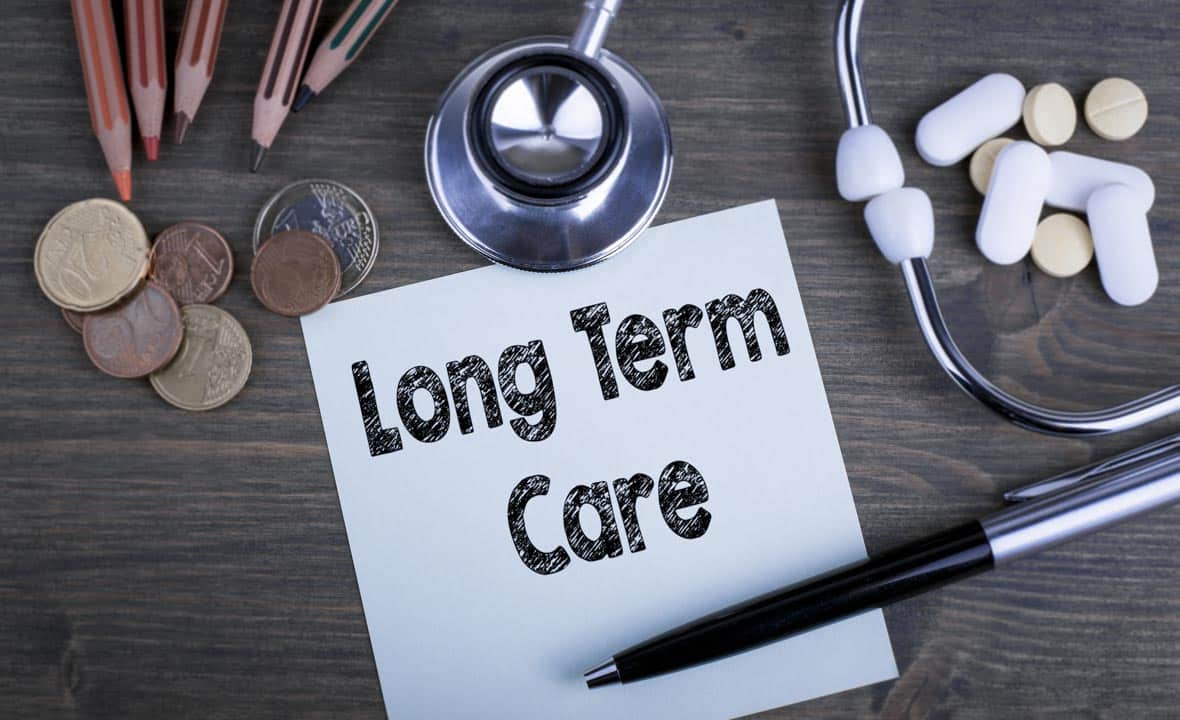This is Strategy #18 from Lamson & Cutner’s publication, “25 Strategies to Prevent Financial Ruin from Long-Term Health Care Costs.” Click here to see the other strategies.
Elder law and estate planning go together. Everyone has heard stories of the havoc that is caused when someone with money and property dies without a Will. It's a reality lawyers see all the time. Not having a Will that clearly expresses your intentions and divides your assets can be a recipe for family trouble.
Effective Elder Law planning can save all of your cash and assets if you plan early enough, or a substantial portion even if planning is done at the last minute. Keep this in mind: if you're on Medicaid, it will cover all of your medical and health expenses whether you're getting home or nursing facility care. So it's likely that you'll have enough money to maintain your quality-of-life, and still have something to leave to family members after you pass on.
Download our Estate Planning HandoutGood planning anticipates that scenario, and includes specific measures to address distribution of your resources when you die. Since trusts are a central feature in many plans, you gain three special benefits they offer, which simple Wills do not provide.
First, when you die and all your cash, investments, or real property are in certain kinds of trusts, these assets are not included in the probate of your estate. Probate is an involved legal process of collecting, accounting for and distributing a person's money and property after death. It is time-consuming and expensive. Your children or other beneficiaries might not get the proceeds for months, or even years. With a trust, the trustee can make distributions quickly after you pass on. It's very clean and efficient.
Second, if there are disgruntled relatives who disagree with your bequests and wish to pursue litigation, trusts afford greater protection than Wills. They are harder to attack and dismantle. One of the main reasons that most trusts are a strong shield against future lawsuits is because the money or assets in them do not belong to you or the trustee. They're owned by the trust, which legally is a separate and distinct entity.
Attorneys for the unhappy parties will advise them of this, and so there's less likely to be a court battle. That means your wishes will be carried out without contest, and your family will avoid a dispute that could lead to an all out war.
Third, trusts offer more privacy than Wills. Your wishes can be kept secret, and carried out without knowledge of uninvolved parties. That's because in most cases you are not required to file trust documents with the courts, unless you have a Pourover Will that transfers your probate estate to the trust.
When planning involves a married couple, in most cases it’s critical to do estate planning for the wife or husband who is well, at the same time Medicaid benefits are being sought for the spouse who is ill. There’s a common misconception that arises in these scenarios, which is vital to understand. It involves a concept called "Spousal Refusal."
By law, each spouse has an obligation of financial support for the other. This allows Medicaid to require the well or "community" spouse to contribute to the cost of care from available assets. Legally however, Medicaid cannot deny benefits or halt the application process because a husband or wife refuses to monetarily provide for his or her ill spouse. This is why, from an Elder Law planning perspective, a legal document referred to as a "Spousal Refusal" is employed. By signing it and refusing to contribute to your spouse's care, it permits the application process to continue so that your wife or husband can qualify for benefits. At the same time, it also keeps your assets intact, so that estate planning strategies can be initiated to protect them.
Signing a Spousal Refusal doesn't mean you're automatically exempt from economic support of your husband or wife. It just means Medicaid can't deny benefits to your spouse because you've refused support. In these cases, Medicaid will pursue legal remedies to enforce your obligation and recoup the cost of benefits, to the extent possible. Fortunately, with effective estate planning, it’s possible to retain the benefits of a significant portion of your assets, or even all of them if you plan early enough.
It is also possible to negotiate with Medicaid in most of these instances, since they'd rather come to a reasonable settlement than initiate legal proceedings. Needless to say, in negotiations with a government agency, you are better off having them handled by experienced Elder Law legal professionals than going it alone.
For these reasons, it's wise to choose an Elder Law firm that has an estate lawyer on board. Inquire if it does before you retain one.
25 Strategies to Prevent Financial Ruin from Long-Term Health Care Costs
- You can qualify for Medicaid (even if you don’t think so)
- The “Wait and See” Approach can Result in Ruinous Health Care Expenses.
- Plan for Home Care and Nursing Home Facility Care while You Still Can.
- What’s the difference between Medicare and Medicaid?
- It’s NOT too Late for Effective Medicaid Planning (even if you think it is)
- Why Hire an Elder Law Attorney?
- Don’t Prepare Your Own Medicaid Application
- Trusts Can Protect Your Home and Your Money!
- Special Trusts for Specific Purposes
- Protecting Co-op Apartments Require Special Handling
- Evaluate Your 401k or IRA Carefully when Planning for Medicaid
- Why Take the Lump Sum Option on Your Pension or Retirement Account?
- Choose Your Trustee Wisely
- Private Annuities can Help Protect Your Assets
- Caregiver Agreements Help Achieve Medicaid Eligibility
- Keep Your Medicare Insurance
- The Durable Power of Attorney
- Elder Law and Estate Planning
- The Health Care Proxy vs. the Living Will
- How to Choose an Elder Law Firm
- Streamline Your Financial Affairs and Record Keeping
- New York State is More Generous than Other States
- Your Attorney can Help Find the Best Care for You
- Long-Term Care Insurance Won’t Necessarily Solve the Problem
- Compassionate Elder Law Planning Focuses on Your Future Quality-of-Life!
visit our key practice areas







